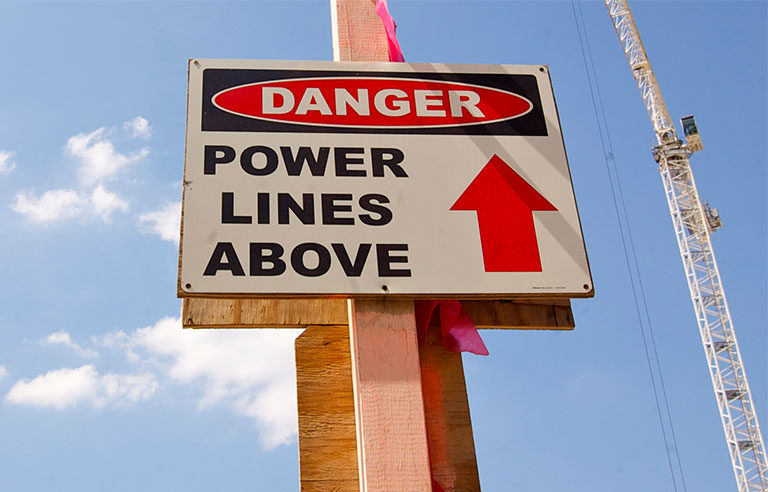Fatal electrocutions ‘unacceptably high’ in construction industry despite decline: CPWR

Silver Spring, MD – Eighty-two construction workers died from electrocution in 2015, a number the Center for Construction Research and Training – also known as CPWR – calls “unacceptably high” despite a 39 percent reduction in construction industry electrocution deaths since 2003.
In a report released Nov. 1, CPWR notes that construction workers represented 61 percent of all work-related electrocution fatalities in 2015.
Data presented in the report comes from the Bureau of Labor Statistics. Findings from 2011 to 2015 include:
- Electrical contractors were involved in about 32 percent of electrocution fatalities: 115 of 364 – the most of any construction subsector.
- Electric parts were the leading primary source of electrocution, contributing to 189 fatalities, or about 52 percent. Power lines, transformers and convertors were the leading causal subgroup among electric parts (39 percent).
- 105 electricians were fatally electrocuted, the most of any occupation. However, power-line installers experienced the highest rate of electrocution death, at 29.7 per 100,000 full-time workers.
- 28.3 percent of electrocution deaths occurred among workers ages 35 to 44 – the highest percentage among age groups. Workers younger than age 25 experienced the highest rate of fatal electrocutions, at 1.2 per 100,000 full-time workers. Overall, the risk of electrocution decreased by age.
“Many solutions can be implemented to prevent electrocutions among construction workers,” the report states. “Some of these solutions include personal protective equipment like rubber gloves and nonconductive clothing, engineering controls like surge protection devices, safety measures like regular tool inspection and maintenance, and other precautionary measures like using nonconductive ladders and cover-up equipment.”
Post a comment to this article
Safety+Health welcomes comments that promote respectful dialogue. Please stay on topic. Comments that contain personal attacks, profanity or abusive language – or those aggressively promoting products or services – will be removed. We reserve the right to determine which comments violate our comment policy. (Anonymous comments are welcome; merely skip the “name” field in the comment box. An email address is required but will not be included with your comment.)

